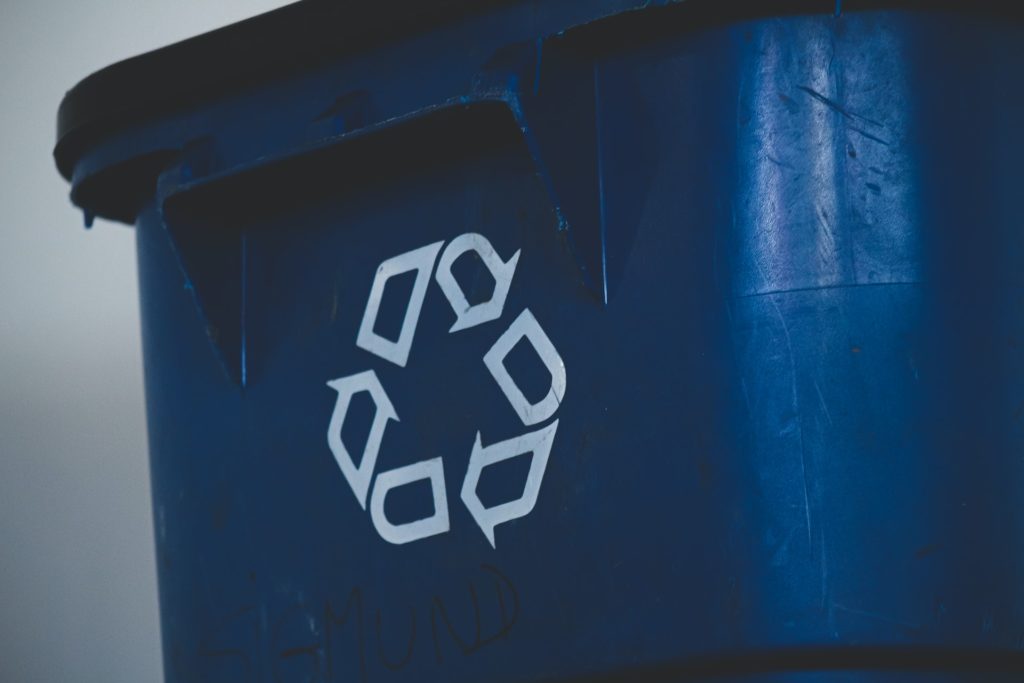Are you wondering what happens to those old car batteries when they’re no longer good? Well, this article will answer that question and more!

Car batteries are a certain type of battery called lead acid. These lead acid batteries are the most recycled consumer product in the world! When you purchase a new car battery, it is made mostly from recycled car batteries.
What Happens to Used Car Batteries?
Use car batteries are highly recyclable. In fact, every part of a car battery can be recycled (pretty neat, right?). In the USA, there is a strong push to recycle as many used car batteries as possible. Car batteries aren’t good candidates to be thrown in a landfill because of the lead and battery acid they contain. It can vary, but most batties will last 3 – 5 years before needing to be replaced.

Used car batteries can even garner you a reward. Autoparts stores will sometimes give you a gift card for turning in your battery to them. So, it makes it an easy decision to recycle them.
How Car Batteries are Recycled
If you’re wondering what will happen to your old battery after you’ve dropped it off, here it is:
Breaking it down
When your battery reaches the recycling facility, first, a machine must break the batteries apart.
Sorting
Next, the broken batteries’ materials are sorted. Lead acid car batteries consist of three main parts: lead, plastic, and battery acid. The plastic is separated from the lead. Both the lead and plastic can then be melted into usable forms and sent off to make new batteries.
Processing the battery acid
The battery acid is processed chemically. It is converted into sodium sulfate, which can be used in glass, textile, and cleaning products.
Final Words
So, now you know the story behind your car battery and how it came to be. We hope you choose a great battery for your vehicle and enjoy safe travels!

Passionate writer who loves to learn about all things that go and share that knowledge.